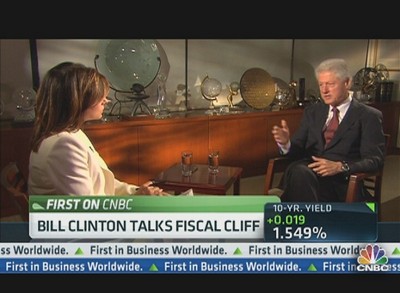
High-speed trading already makes up six per cent of trades on the Bursa derivatives market and the stock exchange operator is reported to be gearing up for the introduction of ultra-fast trading of equities.
High-frequency trading or HFT uses technology-enabled speed in the order of milliseconds or microseconds to buy shares and then sell them at a profit almost immediately with an emphasis on low margins but high frequency.
It now makes up an estimated 50-60 per cent of trades in US and Europe and 30-40 per cent on Asian markets.
Perez, the author of the book “The Speed Traders, An Insider’s Look at the New High-Frequency Trading Phenomenon That is Transforming the Investing World”, said that HFT involves dealing with very liquid instruments with very small margins to make money.
“As a high frequency trader, you are not interested in holding instruments for any longer than it is required by the strategy, and almost never overnight, as that would expose to additional risks,” the New York-based author said in an email interview with The Malaysian Insider. “It’s been said that high frequency traders are in the moving business and not in the storage business.”
Perez, who is conducting a workshop on HFT in Kuala Lumpur on April 12, also said that in order to minimise the latency of the trading systems, co-location is an inherent part of HFT.
“As speed traders try to reduce any latency, they will want to trade from computers hosted on the exchanges themselves,” he said.
While such fast trading might not seem to appeal to long-term investors who focus on company fundamentals, Perez said that those with a long investment horizon are adapting some of the techniques HF traders have pioneered.
“For instance, institutional investors leverage dark pools, trading venues that allow them to trade among themselves, before exposing their orders to the market in general,” he said.
“Along the same lines, long-term investors have become more educated about execution prices, therefore, challenging their brokers to implement technology that leverage algorithmic trading.” Read more










